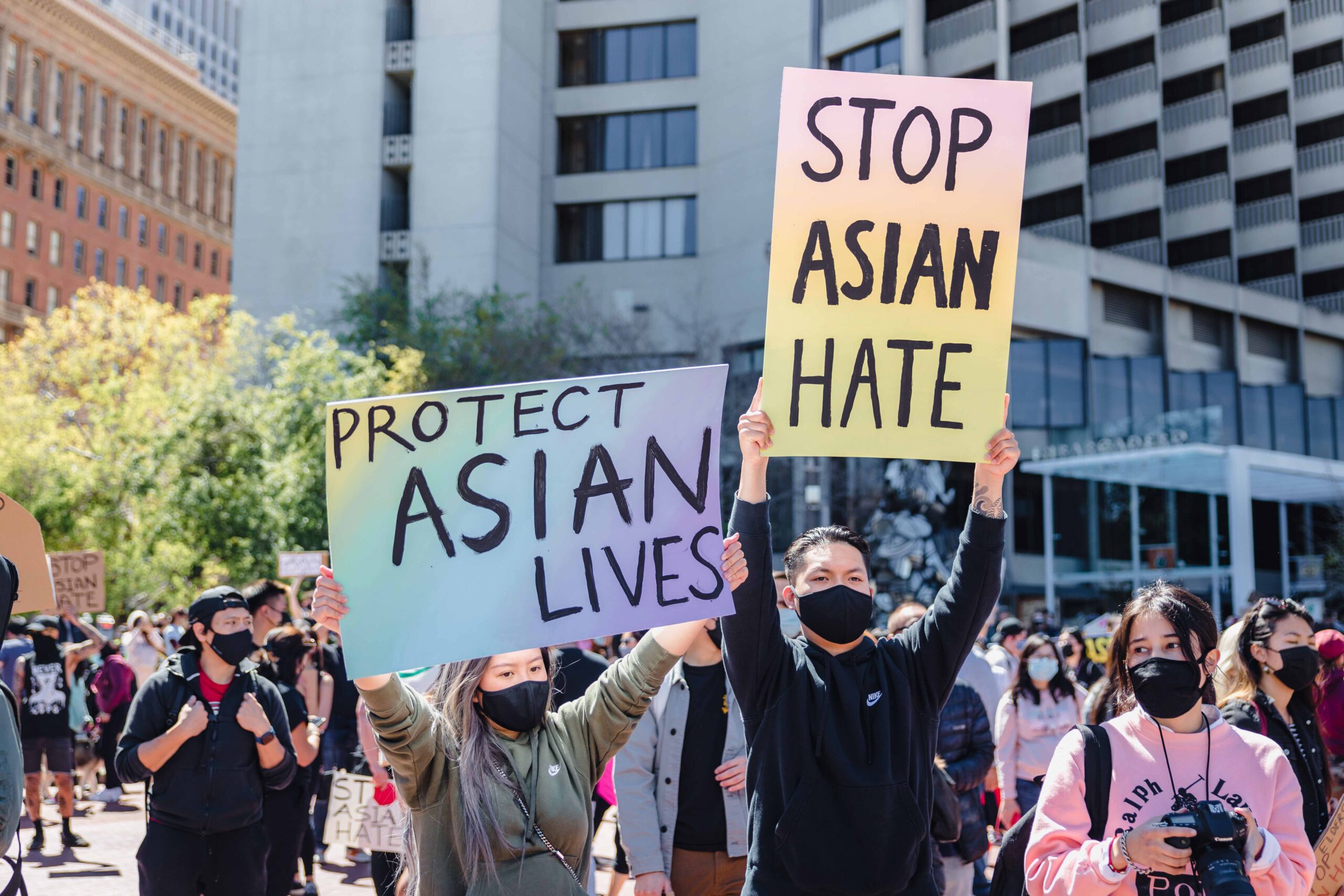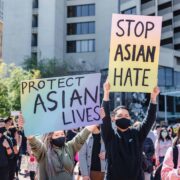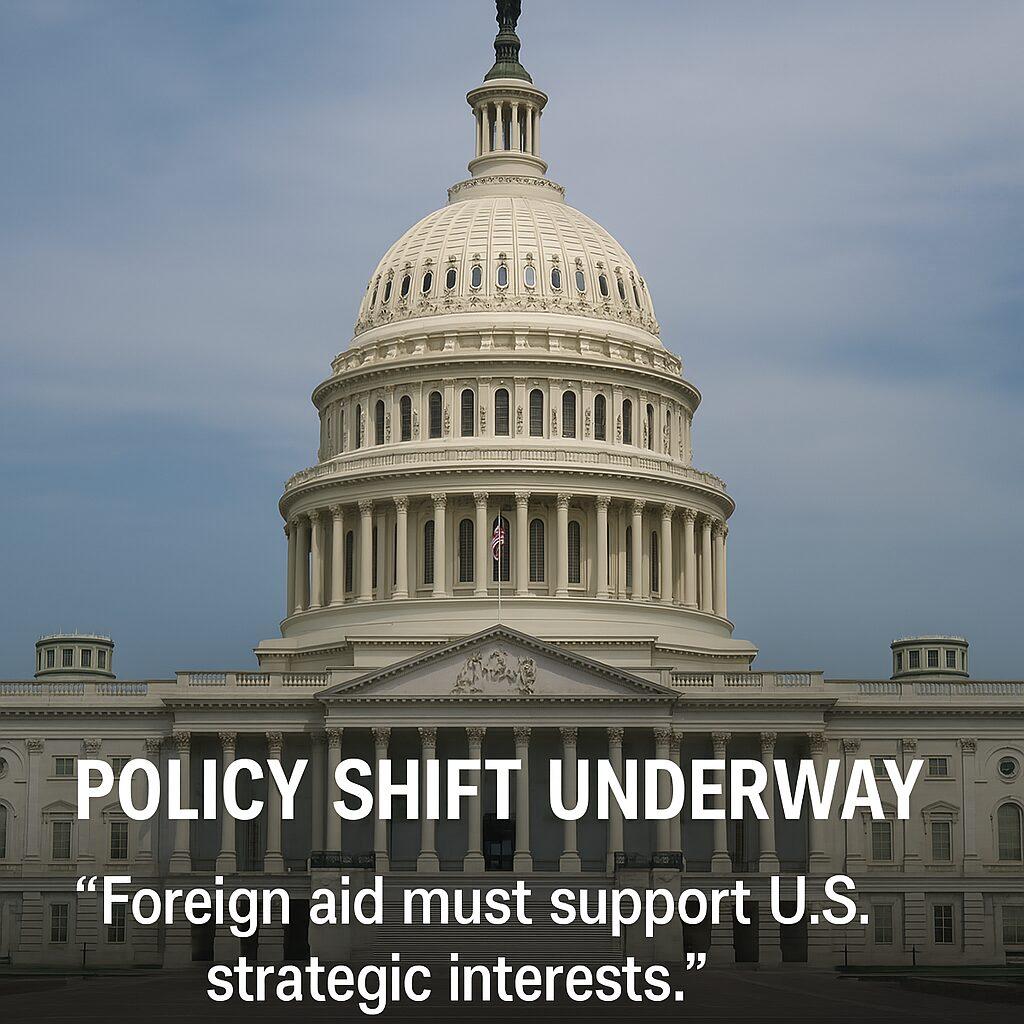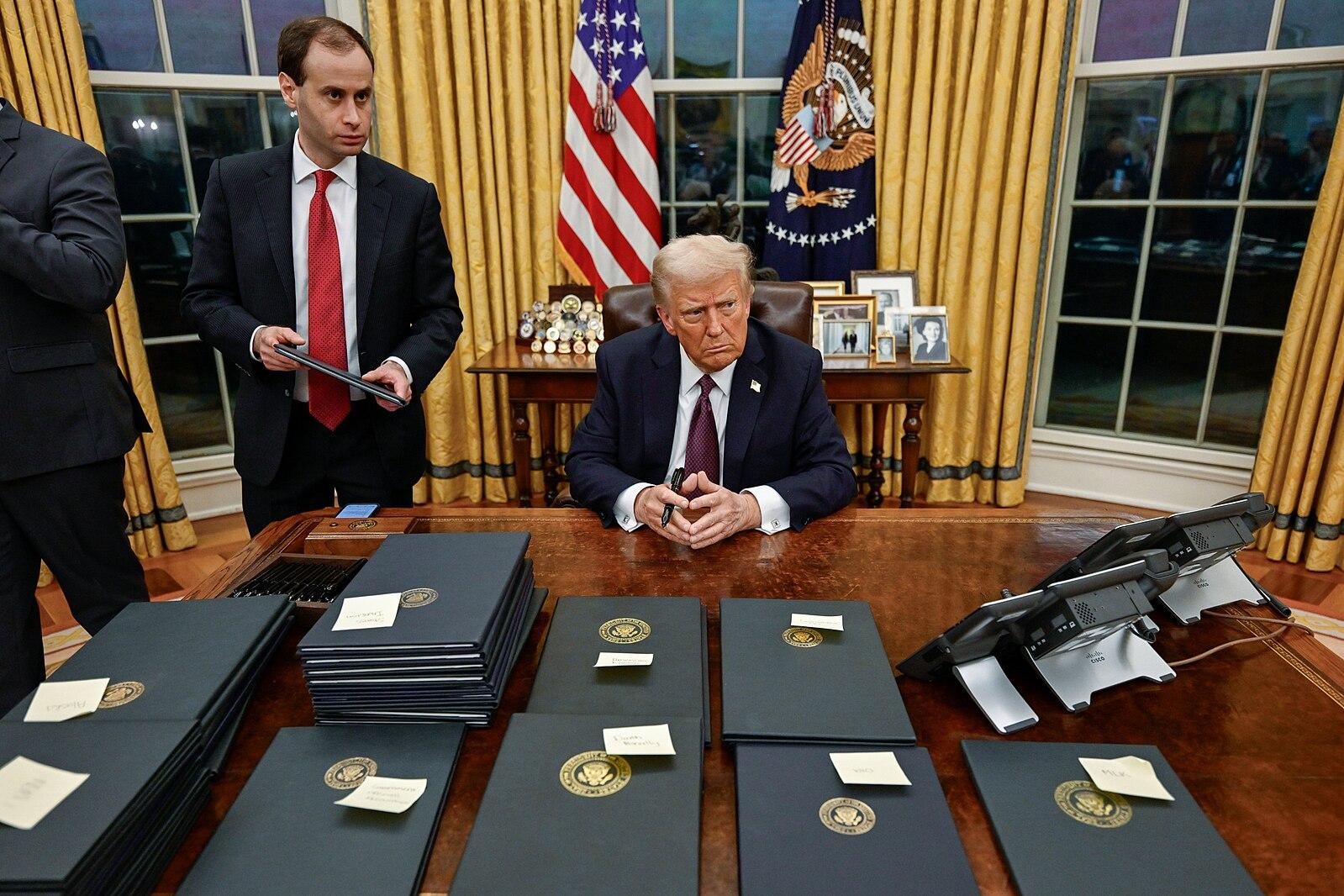
SEVEN in 10 older Asian American and Pacific Islander women have been impacted by anti-Asian hate and racism, according to a new study released by the National Asian Pacific American Women’s Forum (NAPAWF), a progressive advocacy and community-organizing group.
The latest report released on Tuesday, August 24 found a “staggering” 70% of AAPI women 50 and older reported that hate and racism have impacted their lives in some form.
These experiences included more than 20% of Pacific Islander women 50 and older facing harassment or discrimination at work, almost 20% of East and South Asian women feeling unsafe walking outside, and over 20% of East Asian being called a racial slur.
The findings come as NAPAWF looked into the civic engagement and political perspectives of this voting bloc, including what motivates them to vote and the issues they care about.
It found that 80% of 3,537 adult AAPI women across the nation cast their votes, with a majority of them favoring President Joe Biden.
Of the voter turnout among respondents, the East Asian women led the pack with 82% of them voting in the presidential election. They were followed by Southeast Asian women (79%), Pacific Islander women (78%), and South Asian women (77%).
COVID-19, the report found, was the most important issue that AAPI women over 50 wanted the federal government to address.
The second most important issue for East Asian, Southeast Asian, and Pacific Islander women was the economy, followed by healthcare costs. Meanwhile, South Asian women cited healthcare costs as their second priority, followed by the economy.
Equality was also a cause that the majority of adult AAPI women supported, with over 70% of them believing it is important for the Biden administration to work on ending discrimination based on race, ethnicity, immigration status, sexual orientation, or gender identity.
In addition, 75% of the respondents said that they wanted to see more women candidates running for office, as well as more AAPI representation in government and politics.
According to NAPAWF, there must be “a systemic and holistic effort” to ensure that the unique priorities and needs of AAPI women are “seen, heard, and addressed.”
Drishti Pillai, NAPAWF’s research manager, also stressed the importance of listening to the calls of AAPI women.
“We cannot go on ignoring these issues anymore, or ignoring this community,” she told MarketWatch in an interview.
“They’re growing in numbers; they’re making sure their voices are heard at the polls. It’s just making sure that we stop and take notice,” she added.





